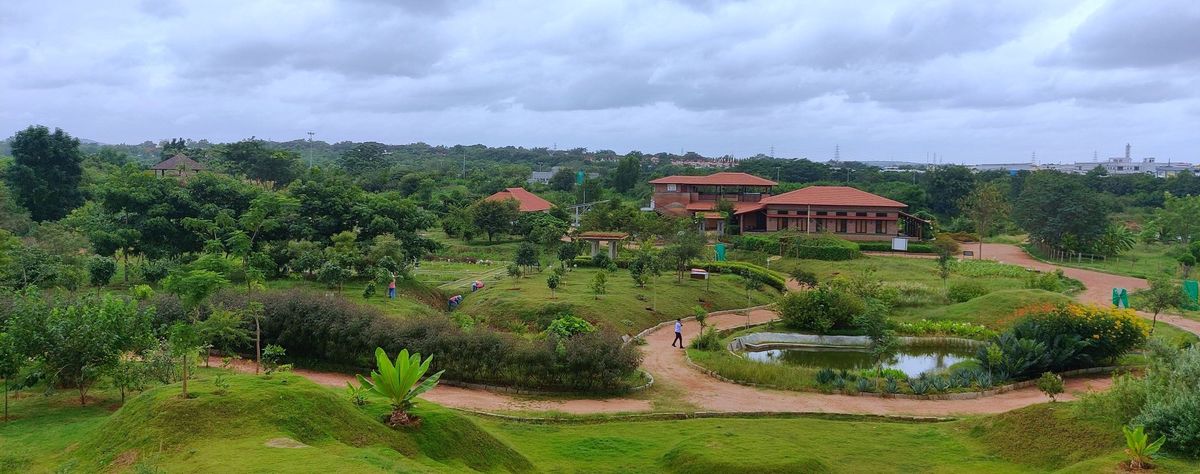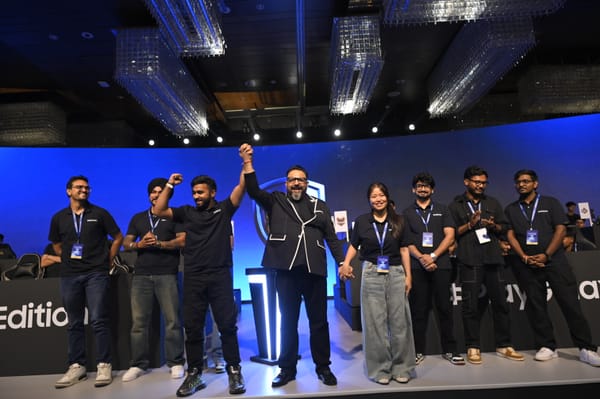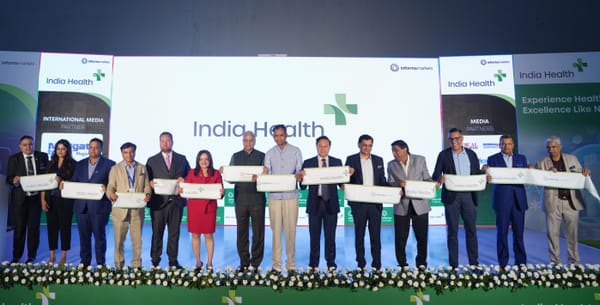Toyota Kirloskar Motor (TKM) adopt ‘Miyawaki Concept’ Driven Afforestation, creates dense forest at its plant facility

Toyota Kirloskar Motor (TKM), in line with its six aspirational ‘Global Environmental Challenges 2050’, continues to set new benchmarks towards conservation of the environment through its afforestation initiatives under its sixth eco-challenge ‘Living in Harmony with Nature’. As the company celebrates the environment month this June, it is noteworthy to mention about Toyota’s tree plantation activities which are strongly driven by adopting a unique concept namely the ‘Miyawaki Method of Afforestation’ since 2009, and TKM was the first corporate in India to implement such plantation methodology. TKM’s steadfast commitment to sustainability and ecological restoration is yielding remarkable results, as evidenced by the numerous advantages of the Miyawaki approach.
This ground-breaking approach, championed by renowned botanist (Late) Dr. Akira Miyawaki, has enabled dense, multi-layered forests using native species to mimic natural forest regeneration processes. The Miyawaki Concept focuses towards restoring and reconstructing the forests based on the concept of “Potential Natural Vegetation”, and this very application has helped in creating a ‘Natural Forest’, within the premises of TKM, by planting native species to create biodiversity and aid food chain and ecology.
By doing so, TKM not only restored native habitats but also created self-sustaining ecosystem that contribute to a healthier planet. Under the guidance of Dr. Akira Miyawaki himself, TKM initiated its maiden Miyawaki plantation drive, way back in 2009, marking a significant milestone in its journey towards conservation of greenery and eco-consciousness. Since that momentous day, TKM's plantation drives have continued to evolve and expanded to 112 acres of green cover within the factory premises, out of which 32 acres of afforestation has been developed using Miyawaki method. The selection of plant species involved a visit to nearest national park & other protected forests with the support of Forestry Professors and Senior officials from Forest department. More than 120 species of Forest habitat (Trees, shrubs, climbers & herbs) were identified, and 51 species were shortlisted for planting at TKM.Today, Toyota’s manufacturing facility, located in Bidadi, proudly boasts more than 328,000 saplings of over 700 native species planted within its premises. The results have been truly awe-inspiring, with a remarkable increase in biodiversity observed over the years. From a mere 181 plant species, the count has surged to an impressive 700, while the number of faunal species has risen from 76 to 264. The vibrant ecosystem now encompasses 88 bird varieties, 38 butterfly species, 107 insects, 17 reptiles, 8 mammals, and 6 amphibians, reflecting the successful development of a thriving native forest ecosystem.
Furthermore, TKM has created an experiential environmental learning centre ‘Ecozone’ (spread across 25 acres with 17 theme parks and home to 65,000 trees with 650 native species) for children, teachers, community members and other stakeholders, within its manufacturing facility aimed at creating the environment leaders and change champions for the future, to usher in desired behavioural change in the communities. This green zone depicts the creation of dense forest within the plant facility using the ‘Miyawaki Concept’ of plantation. The forests are dominantly planted with species of 4 major forest types such as Dry Deciduous, Moist Deciduous, Semi-evergreen and Evergreen Forest, covering 21 different sub-concepts such as Pollination meadows, herbal garden, plants for spices etc.
“At TKM, we believe in going beyond traditional approaches to make a meaningful impact on the environment,"said Mr. B. Padmanabha, Associate Executive Vice President – Manufacturing, Toyota Kirloskar Motor." Our state-of-the-art factory premises in Karnataka showcases a remarkable example of a Miyawaki forest, which exemplify our commitment to sustainability and environmental consciousness. By integrating native species and following ecological principles, we continue to create forests that not only beautify the landscape, but also foster biodiversity and contribute to a healthier ecosystem."
Needless to mention, TKM's afforestation endeavours have yielded far-reaching benefits, including significant carbon sequestration and noise reduction. A comprehensive study conducted in collaboration with experts from Bangalore University revealed that the Miyawaki method excels in carbon sequestration, capturing an impressive 30.86 tons of carbon per acre. In contrast, traditional pit method plantations recorded a carbon sequestration rate of 8.45 tons per acre. These findings underscore the Miyawaki method's efficacy in mitigating greenhouse gas emissions and combating climate change. Additionally, the Miyawaki green cover surrounding the vehicle testing area within the TKM campus has proven to be instrumental in reducing noise levels and settling dust. The dense vegetation of the Miyawaki forests has exhibited a remarkable 20% greater effectiveness in noise reduction compared to pit plantations, exemplifying the multiple benefits derived from these green initiatives.
In a significant recognition of these efforts, the Miyawaki method of building climate-resilient forest covers received high praise from across the world. During a recent episode of 'Mann Ki Baat', our Honourable Prime Minister also acknowledged ‘Miyawaki’ method of plantation, shedding light on its numerous advantages in enabling diverse ecological biodiversity. This further reinforces TKM's commitment to environmental conservation and serves as an inspiration for others to adopt sustainable practices. TKM remains dedicated to its vision of "Mass Happiness for all" and strives to inspire individuals and stakeholders to actively participate in environmental conservation.
Marking the celebration of its environment month in June, which is in continuation to its ongoing eco efforts, TKM has implemented various distinctive eco initiatives to sensitise all its stakeholders on the importance of environmental sustainability. In this regard, the company will be undertaking a reforestation drive under its iCARE (I, Community Action to Reach Everyone) - an employee volunteering program, towards the end of June 2023 in Ramanagara district (Karnataka) by engaging its employees to plant trees and enhance greenery in the region.




